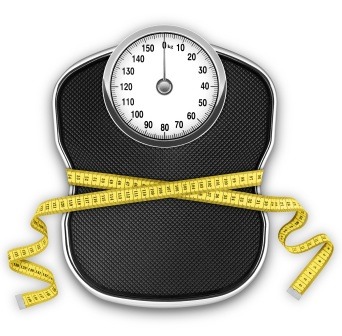Assume for a moment that every passenger on your United flight lost 10 pounds. As a result, with 1,790 fewer pounds, at $2.89 a gallon, airlines could save $80 million annually.
It could happen.
Weight Loss Winners and Losers
Our story starts with the new weight loss GLP-1 drugs that tell our brains we are full. Initially marketed for diabetes, Novo Nordisk’s Ozempic and then a sister med, Wegovy, became famous for their weight losing prowess. Approved now for diabetes, Eli Lilly’s Mounjaro could also soon get the FDA okay for weigh loss.
During GLP-1 drug trials, the change in body weight was as high as 20 percent:

Already seen by Walmart, people on weight loss drugs spent slightly less on food. Similarly, close to 75 percent of the 300 participants (taking the new weight loss drugs) in a Morgan Stanley survey said they visited pizza and fast food restaurants less frequently. They also consumed fewer sugary drinks and less alcohol. And, from there, we can guess that firms like Domino’s, PepsiCo, (Doritos), Mondelez (Oreos and Chips Ahoy), Krispy Kreme, and McDonald’s could see a dip in demand.
We should note, though, that the younger people that propel fast food’s growth will probably not take the weight loss drugs.
Our Bottom Line: Externalities
Defined as the impact of an activity or contract on a third unrelated party, an externality can be positive or negative. The perfect example of a positive externality is the ripple impact of vaccines. When one person gets vaccinated, she prevents many she does not even know from getting sick. I also like to think that a phenomenal teacher creates positive externalities through her students’ accomplishments. As for the negatives, air pollution has the opposite spillover when the byproduct of a factory is the dirty air that activates a distant person’s asthma.
For weight loss drugs, the list of externalities is unending. They take us to how we feel, what we eat, the stocks we own, On the positive side, we have better health and happy pharma company investors. However, paying for the drugs leaves us (and maybe government) less to spend elsewhere.
But still, we could have cheaper airline tickets.
My sources and more: Thanks to Slate Money for inspiring today’s post. From there, articles in the NY Times, and The Economist looked at the drugs. Meanwhile, VOA, Quartz, and Insider identified the winners and losers.






